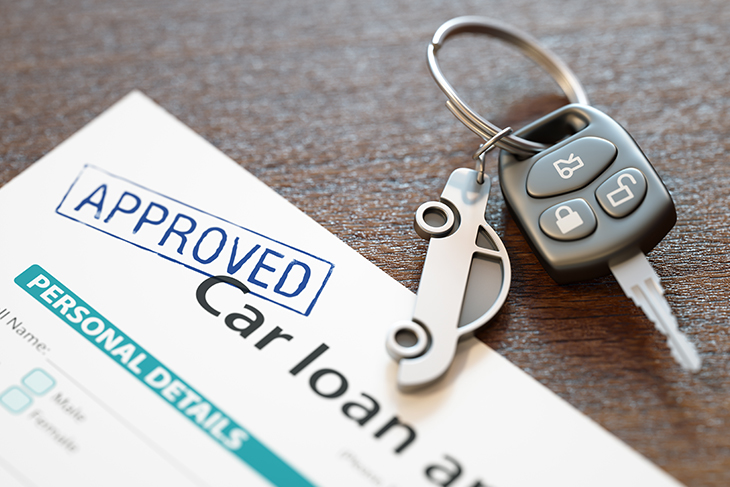If you’ve ever looked online for a finance package, you’ve probably used a price comparison site to have a look at what deals are available, or chosen a provider who can compare a variety of different packages for you. Before you apply, you will see that some finance providers will be advertising a representative rate of interest, most commonly labelled a representative APR.
This can be confusing, especially if you’ve only just got your head around what an APR is (hint: it stands for annual percentage rate!). Here’s our quick jargon buster to explain all you need to know.
What is a representative rate?
A representative rate of interest is what a finance provider advertises to potential customers without seeing their application. Representative means that it is a guideline, to show what you might be offered if you were to apply.
The ‘representative’ part of the quote means that over 50% of customers who apply with that provider are offered that rate of interest, i.e. most of their successful applicants. So it gives you a good idea of what the average rate of interest might be, if you took a package with that provider.
What can affect the representative rate?
The representative rate is a marketing tool, but for FCA approved providers, there are strict guidelines on what they can state in their marketing. When you actually apply, the rate you are offered will depend on your financial circumstances. So you might be offered a better deal if you have a spotless financial history, or a lesser deal if there are any black marks in your background.
What’s advertised in the representative rate will also reflect the type of customers that lender deals with. While major high street banks will deal with a larger variety of customers, there are specialist lenders who deal with those who have good or bad credit exclusively. You should be able to tell which type of lender they are through the messages they communicate in their marketing.
The representative rate will also reflect the wider economy. So if interest rates increase, then it’s likely to be higher as a result.

How can I get a better interest rate?
The rate of interest you are charged will depend on a number of factors, including the economy and the Bank of England base rate. The one factor you do have control over is your credit score.
Before any finance application, you should use one of the numerous free credit check websites to see what your credit score is and how healthy your file is looking. Examine it closely to make sure all the details they have on your record are correct. If there are any inaccuracies, this will negatively affect your credit score, and there are steps you can take to remove them.
If there are no inaccuracies and your score is still lower than you would like, then you can start working to improve your credit score. There are a number of ways to do this. You can consolidate your debts, take out a smaller ‘credit builder’ finance package, or you can improve your traceability in terms of address and employment history. It might not be an instant fix, but with some careful financial planning, you can improve your credit score to be eligible for the better rates.
Are You Ready to Save on Car Finance?
If you’re considering getting a new car, then you don't want to miss out on what Creditplus can offer. Applying with us will not affect your credit profile, so why not complete a quick application now.
Apply Online Today!See our latest car deals






 Facebook
Facebook Twitter
Twitter Instagram
Instagram LinkedIn
LinkedIn Youtube
Youtube